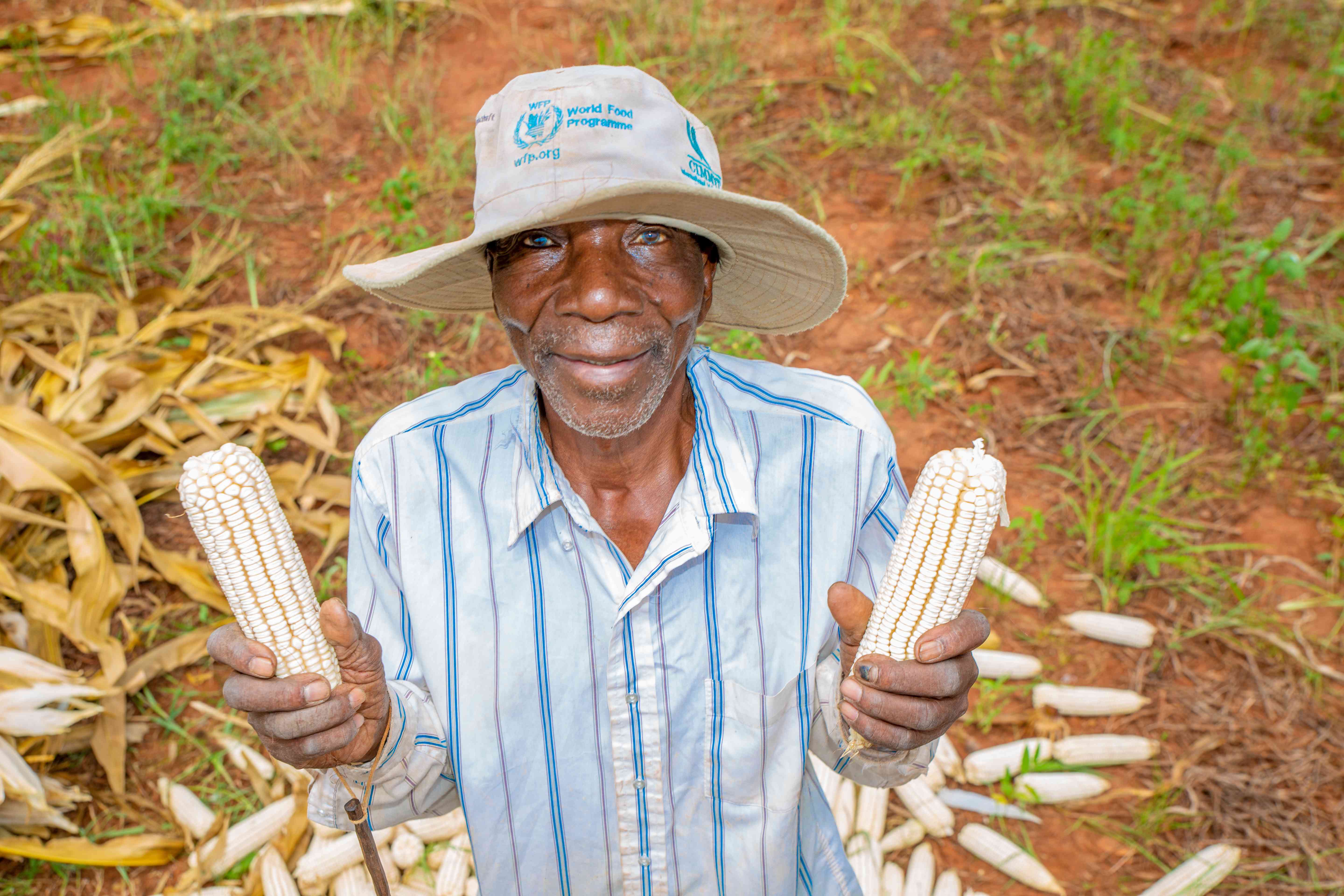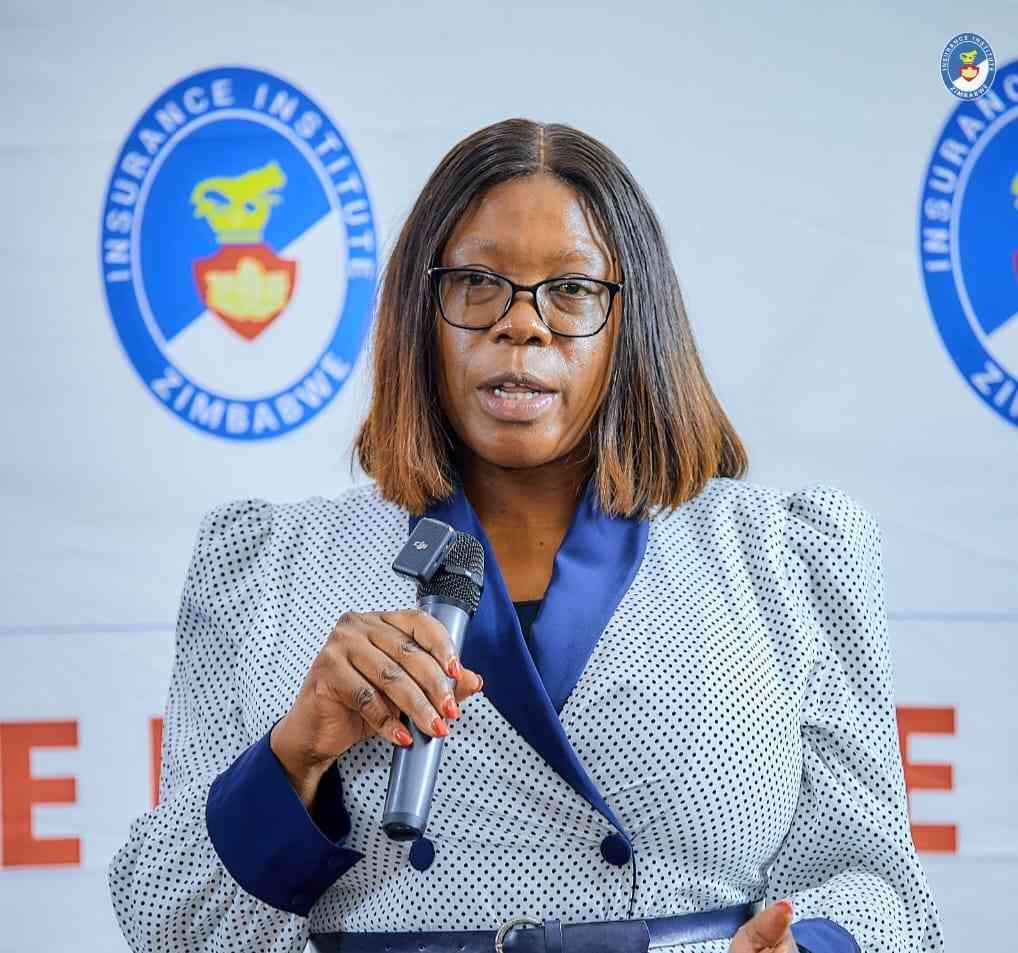
AS Southern Africa faces unprecedented drought conditions, the International Maize and Wheat Improvement Centre (CIMMYT) continues to lead efforts in reducing the devastating impact of extreme weather.
Through its role as a partnership convener, CIMMYT has brought together climate change advisories and climate-smart agriculture to empower farmers, who are demonstrating incredible resilience by continuing to produce food for their families and communities.
"The current climate crisis highlights the urgency of scaling resilient agricultural practices," Bram Govaerts, director general of CIMMYT, said in a statement.
"At CIMMYT, we believe that empowering farmers to adopt drought-tolerant crops and sustainable methods is essential to securing food systems and ensuring communities can weather the challenges ahead."
By strengthening seed systems and applying global best practices, CIMMYT said it has empowered farmers across Zambia and Malawi to adapt to drought, ensuring nutritional security and improved livelihoods.
The adoption of innovations, including conservation agriculture and resilient legume systems, is increasing farmers' resilience and buffering against future shocks.
Strengthening early-warning systems
CIMMYT has expanded access to early-warning systems and climate advisories through the GROWSMART campaign, which has reached over 1 million farmers in Zambia and Malawi. Through a network of digital champions and voice-activated advisories accessible via simple mobile phones, CIMMYT has provided critical, real-time information.
- Zim farmers embrace agroecology
- Seed fairs set for Mwenezi, Masvingo
- CIMMYT develops multiple stress tolerant maize varieties
- CIMMYT expands climate-smart interventions in southern Africa
Keep Reading
"This has enabled farmers to plan more effectively, reducing crop losses and optimizing planting schedules in response to changing weather patterns," it said.
Scaling resilient solutions
CIMMYT has strengthened private sector and civil society partnerships to significantly expand the production of climate-resilient legumes, which were harvested early to provide nutritious food.
In combination with maize hybrids like SC 555 and Ntondo (MH35), these legume systems have improved the food security of over 700 000 smallholder farmers.
Moving forward, CIMMYT plans to expand seed systems further, aiming to support the adoption of game-changing crops and conservation agriculture by the end of 2025.
This expansion, according to the statement, will provide farmers with the tools needed to mitigate the impacts of unpredictable weather patterns, ensuring food security in the face of persistent droughts.
Empowering women and youth in agriculture
Recognising the vital roles that women and youth play in agriculture, CIMMYT has prioritised gender-sensitive training programs and access to financing for women farmers, who comprise 78% of Zambia’s agricultural workforce.
In Malawi, youth-focused initiatives, such as the LUANAR Agribusiness Hub, are helping young agro-entrepreneurs adopt climate-resilient farming methods. These efforts are not only boosting food production but also driving economic empowerment.
Climate-resilient maize and legume systems: A lifeline for farmers
CIMMYT’s Southern Africa Accelerated Innovation Delivery Initiative (AID-I) as part of the USAID Feed the Future investments has played a key role in providing smallholder farmers access to drought-tolerant maize hybrids like SC 555 in Zambia and Ntondo (MH35) in Malawi.
"These hybrids, combined with legume systems such as groundnut and pigeonpea, are designed to thrive under extreme weather conditions, improving soil health and ensuring profitable, nutritionally secure cropping systems," the organisation said.
"In Zambia, the SC 555 maize hybrid has shown exceptional resilience during the 2023-2024 season. Farmers like Mr. Chizela from Chinwe Mpongwe, who faced a six-week dry spell, have harvested abundantly despite the drought, ensuring food security and income stability.
"Similarly, in Malawi, the Ntondo (MH35) hybrid has demonstrated remarkable drought tolerance at Msunga Farm, with yields of up to 4,37 tonnes per hectare—far exceeding those of non-drought-resistant varieties."
Building for the future
CIMMYT’s ongoing research and innovation efforts are focused on developing even more resilient maize and legume varieties to withstand both drought and extreme temperatures.
"Set for release by 2025, these new varieties will offer farmers sustainable, high-yield solutions to address the growing threat of climate change," it said.
CIMMYT is a cutting-edge, nonprofit, international organization dedicated to solving tomorrow’s problems today.
It is entrusted with fostering improved quantity, quality, and dependability of production systems and basic cereals such as maize, wheat, triticale, sorghum, millets, and associated crops through applied agricultural science, particularly in the Global South, building strong partnerships.
This combination enhances the livelihood trajectories and resilience of millions of resource-poor farmers while working toward a more productive, inclusive, and resilient agrifood system within planetary boundaries.
CIMMYT is a core CGIAR Research Center, a global research partnership for a food-secure future, dedicated to reducing poverty, enhancing food and nutrition security, and improving natural resources.











